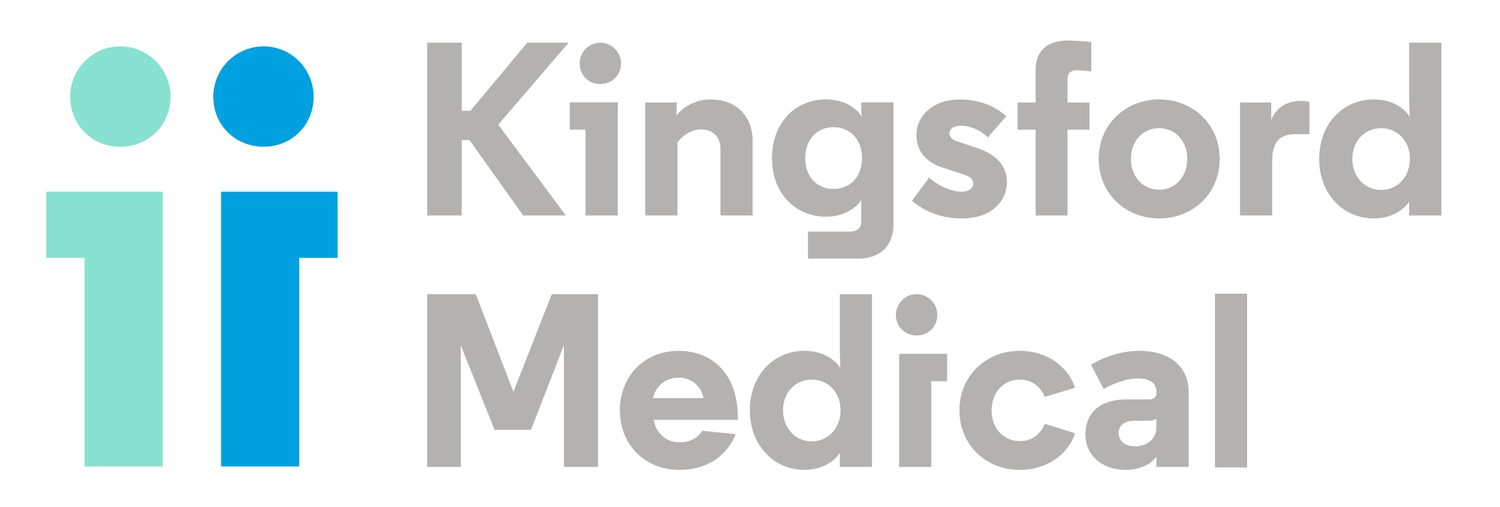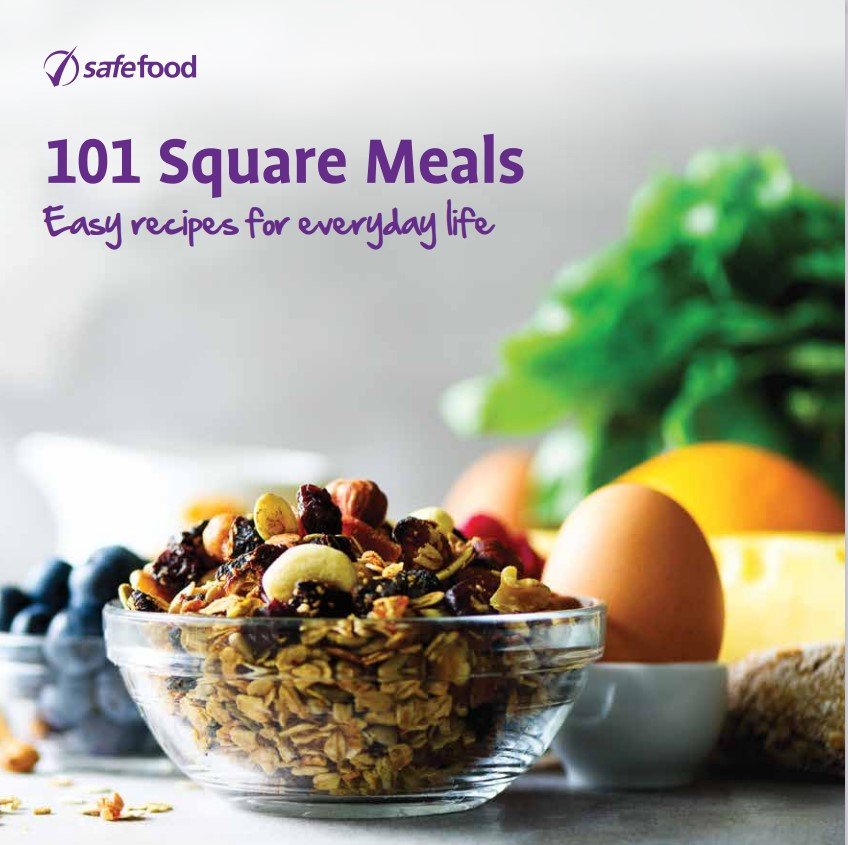Cholesterol
What is cholesterol?
Cholesterol is a type of fat in our blood which is produced by the liver. Everyone has cholesterol. Some of this cholesterol comes from the food that we eat. Our bodies need a certain amount of cholesterol for normal cell function, to help digestion and produce certain hormones. So not all cholesterol is bad.
You need a certain amount of cholesterol for all your body cells and to produce important hormones.
However, if there is too much cholesterol in your blood, it sticks to your artery walls to form atheroma or plaque. Having high cholesterol is one of the risk factors which increase your chances of getting heart disease and stroke.
What your cholesterol levels should be
What is a good target level for you depends on things like your age, whether you have any health conditions and your risk of cardiovascular disease.
These levels are a guide for healthy adults. If you have been ill, are taking some medicines, or have recently had a baby, your levels may be lower or higher.
Guide to healthy levels for different types of cholesterol
Total cholesterol : Below 5mmol/L
HDL (good cholesterol) : Above 1.0mmol/L for men or above 1.2mmol/L for women
Non-HDL (bad cholesterol) : Below 4mmol/L
How to Lower your Cholesterol
Eat less fatty food
To reduce your cholesterol, try to cut down on fatty food, especially food that contains a type of fat called saturated fat.
You can still have foods that contain a healthier type of fat called unsaturated fat.
Check labels on food to see what type of fat it has in it.
Try to eat more:
oily fish, like mackerel and salmon
brown rice, wholegrain bread and wholewheat pasta
nuts and seeds
fruits and vegetables
Try to eat less:
meat pies, sausages and fatty meat
butter, lard and ghee
cream and hard cheese, like cheddar
cakes and biscuits
food that contains coconut oil or palm oil
Exercise more
Aim to do at least 150 minutes (2.5 hours) of exercise a week.
Some good things to try when starting out include:
walking – try to walk fast enough so your heart starts beating faster
swimming
cycling
Try a few different exercises to find something you like doing. You're more likely to keep doing it if you enjoy it.
Stop smoking
Smoking can raise your cholesterol and make you more likely to have serious problems like heart attacks, strokes and cancer.
If you want to stop smoking, you can get help and support from:
your GP
For more help follow the QUIT programme on Quit.ie
They can give you useful tips and advice about ways to stop cravings.
Cut down on alcohol
Try to:
avoid drinking more than 14 units of alcohol a week
have several drink-free days each week
avoid drinking lots of alcohol in a short time (binge drinking)
Ask your GP for help and advice if you're struggling to cut down.
Useful Links & Resources
Irish Heart Foundation - is the national charity fighting stroke and heart disease, funded up to 90 per cent by public and corporate donations. Check out their Cholesterol Guide and their Healthy Eating guide for heart health here.
See our Healthier Living page for advice on how to improve your health, manage your weight, quit smoking or reduce your alcohol intake.
Irish Nutrition and Dietetic Institute - has some good tips for lowering cholesterol
This content of this page (and links to other sites) is for general information purposes only and does not substitute medical advice. While we endeavour to keep this website up-to-date, errors may occur. We advise all patients to discuss their health concerns with their GP. If you would like to suggest amendments or highlight new information that could be useful to others please don’t hesitate to get in touch.




